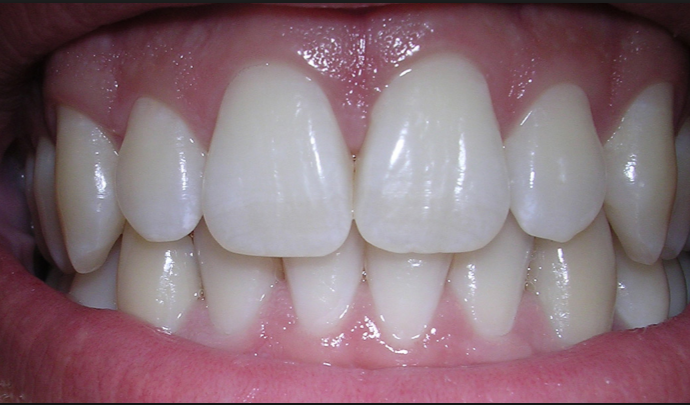The human teeth may someday repair themselves through their own stem cells and would no longer require fillings, a new research suggests.
According to Paul Sharpe, the lead researcher of the ongoing study, a new method tested in mice indicates that a drug called Tideglusib can stimulate teeth to fix decay.
Tideglusib is called a small molecule GSK3 antagonist which is a clinically tested drug used to treat Alzheimer’s disease.
The researchers placed biodegradable collagen sponges laced with a low dose of Tideglusib over holes drilled into the teeth of mice.
During the course of the next six weeks, the sponge was replaced by new dentine, leading to complete, natural repair.
“Teeth have a limited ability to repair themselves by activating their own stem cells. That natural repair is greatly enhanced by delivery of Tideglusib.
“Restoration of the tooth with its own natural material means full tooth vitality and structure are maintained,” said Sharpe.
“A new era of regenerate dentistry is on its way, where new dental treatments use an understanding of the biology and physiology of the tooth,” he added.
Owing to the fact that it’s still in the preliminary stage, the American Dental Association says it’s too soon to know if this approach has any potential clinical application.
At the moment, Sharpe’s team is testing the process on the larger teeth of rats.
“After that, we will apply for approval and funding for a human clinical trial,” he said.
The report was published in Scientific Reports on January 9.
Copyright 2024 TheCable. All rights reserved. This material, and other digital content on this website, may not be reproduced, published, broadcast, rewritten or redistributed in whole or in part without prior express written permission from TheCable.
Follow us on twitter @Thecablestyle


Good development to people living with teeth problem, but a sad development to Nigerian dentists who always want to see patients coming back for patronage. #Myopinion